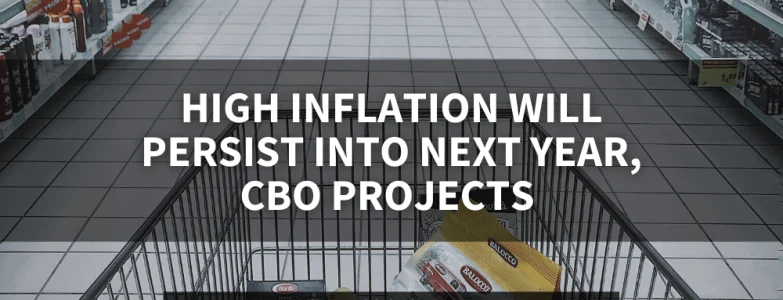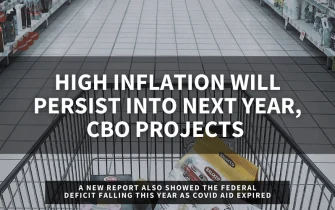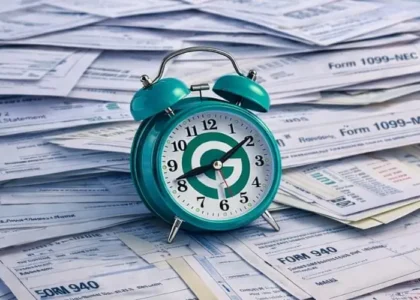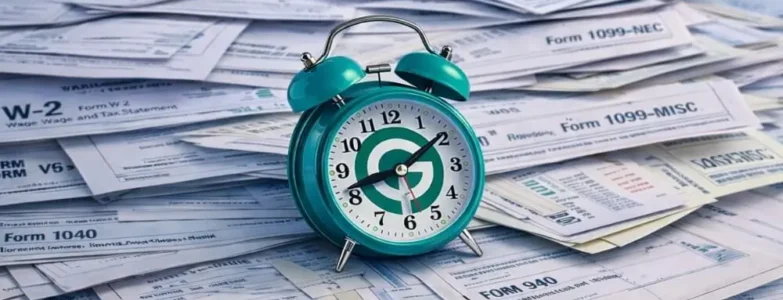A new report also showed the federal deficit falling this year as covid aid expired
May 20, 2022
The Congressional Budget Office said this week that high inflation is expected to persist for the rest of the year, saddling Americans with higher costs as price hikes continue, Jeff Stein, The Washington Post’s White House economics reports.
From the end of 2020 to the end of 2021, the consumer price index — one measure of inflation — grew by roughly 6.7 percent, the highest level in roughly four decades. The pace of that increase will come down, according to the CBO, but only to 4.7 percent — still far higher than policymakers want. Other measures of inflation cited by the budget office project that price hikes will remain roughly twice the Federal Reserve’s intended target of 2 percent. Price increases won’t fall back to targeted levels until 2024, the CBO said.
“There remains a significant gap between consumers’ demand and businesses’ ability to supply it,” said Adam Ozimek, chief economist at the Economic Innovation Group. “People’s desire to consume more goods than businesses can produce is leading to a rise in prices, and consumers are going to feel that in their pocketbooks.”
CBO report offers some hope for the White House as well, indicating high growth and low unemployment this year.
The eventual easing of inflationary pressure is part of the budget office’s broader predictions of a gradual restoration of more typical economic conditions after disruptions caused by the coronavirus pandemic, trillions of dollars in stimulus, and energy and food shocks after Russia’s invasion of Ukraine. The CBO projects the U.S. economy will grow at 3.1 percent in 2022 — faster than usual, but slower than the rapid 5.5 percent clip of 2021 — as some of the factors juicing demand begin to ebb. Unemployment is projected to remain low, at 3.8 percent this year and 3.5 percent next year.
Similarly, the federal budget deficit that exploded in 2020 and 2021 amid a huge surge in federal pandemic spending is set to moderate over the next several years. The CBO projects the federal deficit will shrink to $1 trillion in 2021 and average $1.6 trillion annually from 2023 to 2032. The federal deficit hit a record of roughly $3 trillion in 2020.
In a news briefing, CBO officials said the economic projections were solidified by March 2 and incorporated some of the initial impact of the disruption caused by Russia’s war in Ukraine. But officials acknowledged that the report does not reflect the likely full impact of the war on prices, as the invasion in particular appeared to put dramatic upward pressure on food and gas costs, and said inflation is likely higher than their report states. The CBO officials spoke on the condition of anonymity under the ground rules of the call.
“Other than maybe fuel and energy prices, I think we’ll see a deceleration of inflation,” said Larry Mishel, an economist at the Economic Policy Institute, a left-leaning think tank, in an interview before the report’s release. “How much, how quickly and where it will be is hard to judge.”
Continue reading on WashingtonPost.com











